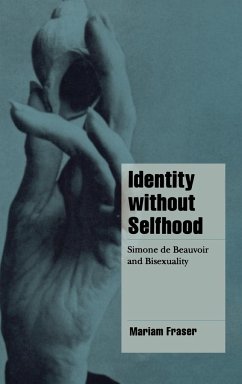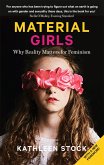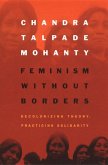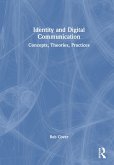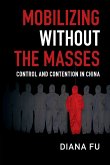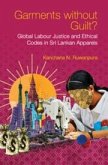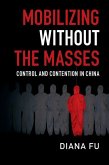Identity Without Selfhood proposes an original conception of identity and subjectivity in the context of recent post-structuralist and queer debates. The author argues that efforts to analyse and even 'deconstruct' identity and selfhood still rely on certain core Western techniques of identity such as individuality, boundedness, autonomy, self-realisation and narrative. In a detailed study of biographical, media and academic representations of Simone de Beauvoir, Dr Fraser illustrates that bisexuality, by contrast, is discursively produced as an identity which exceeds the confines of the self and especially the individuality ascribed to de Beauvoir. In the course of this analysis, she draws attention to the high costs incurred by processes of subjectification. it is in the light of these costs that, while drawing substantially on, and expanding, Foucault's notion of techniques of the self, the argument presented in the book also offers a critique of Foucault's work from a Deleuzo-Guattarian perspective.
Table of contents:
Introduction; 1. Identity and selfhood; 2. Identity and embodiment; 3. Telling tales; 4. Preculsion; 5. Displacement; 6. Erasure; 7. Lose your face; Conclusion.
Examining how de Beauvoir is constructed as an intelligible self by academics, biographers and the media, Mariam Fraser proposes an original conception of identity and subjectivity in the context of recent post-structuralist and queer debates and argues that attempts to 'deconstruct' identity founder on Western concepts such as individuality.
Post-structuralist-queer theory of the self drawing on representations of de Beauvoir and her bisexuality.
Hinweis: Dieser Artikel kann nur an eine deutsche Lieferadresse ausgeliefert werden.
Table of contents:
Introduction; 1. Identity and selfhood; 2. Identity and embodiment; 3. Telling tales; 4. Preculsion; 5. Displacement; 6. Erasure; 7. Lose your face; Conclusion.
Examining how de Beauvoir is constructed as an intelligible self by academics, biographers and the media, Mariam Fraser proposes an original conception of identity and subjectivity in the context of recent post-structuralist and queer debates and argues that attempts to 'deconstruct' identity founder on Western concepts such as individuality.
Post-structuralist-queer theory of the self drawing on representations of de Beauvoir and her bisexuality.
Hinweis: Dieser Artikel kann nur an eine deutsche Lieferadresse ausgeliefert werden.

